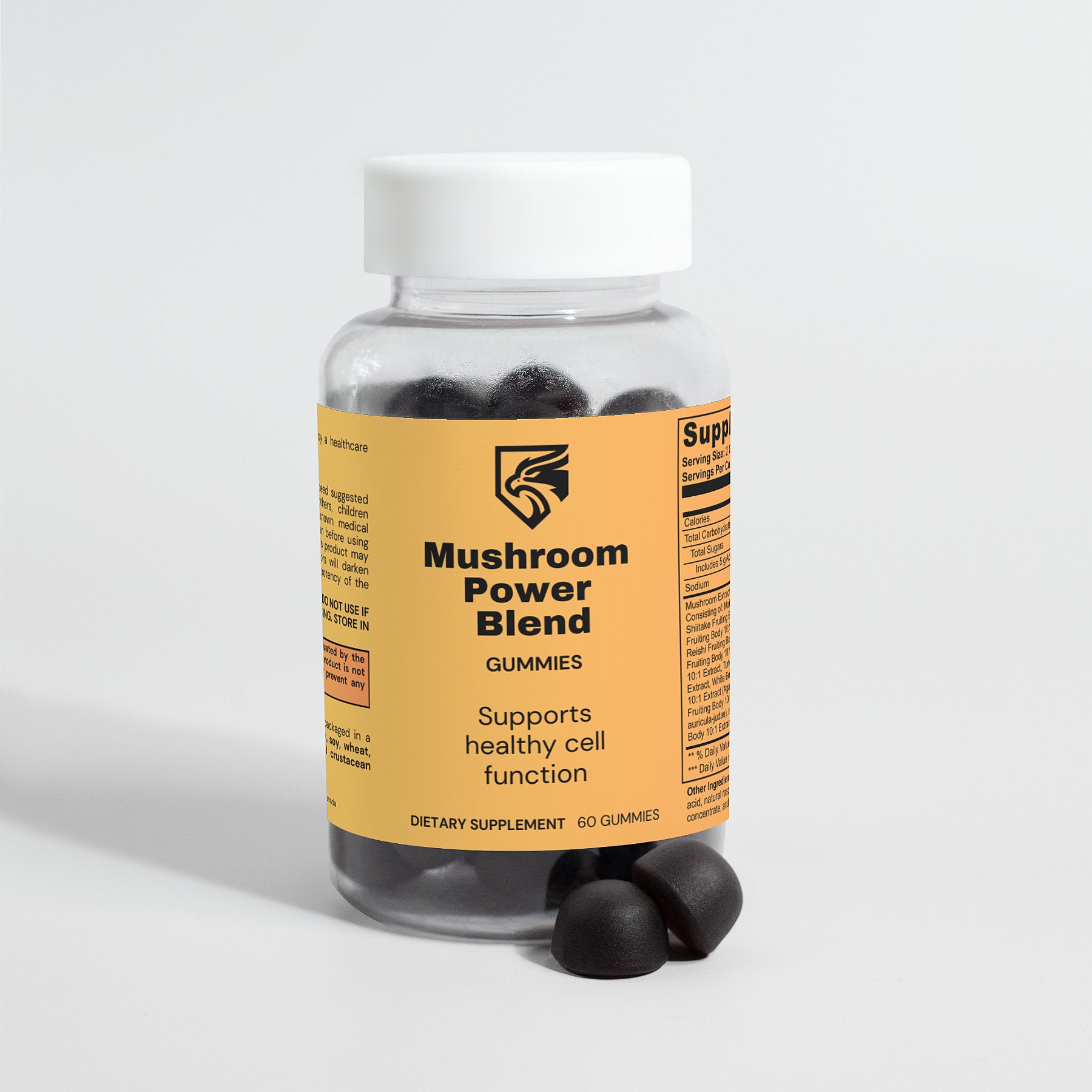Confidence is a fundamental aspect of psychological well-being, influencing various facets of life, including relationships, career success, and personal fulfillment. While confidence is influenced by multiple factors, emerging research suggests that testosterone plays a crucial role in shaping self-assurance and assertiveness. This article explores the intricate link between testosterone and confidence, shedding light on how fluctuations in testosterone levels can impact self-esteem and overall confidence levels.
Testosterone, often referred to as the "confidence hormone," is associated with traits typically attributed to confidence, such as dominance, risk-taking behavior, and assertiveness. Studies have shown that individuals with higher testosterone levels tend to display greater confidence in social interactions and decision-making tasks. Conversely, lower testosterone levels have been linked to feelings of insecurity, self-doubt, and social anxiety.
The relationship between testosterone and confidence is thought to be mediated by various psychological and physiological mechanisms. Testosterone influences neurotransmitter activity in the brain, particularly in regions associated with mood regulation and social behavior. By modulating the activity of neurotransmitters such as dopamine and serotonin, testosterone can affect mood and confidence levels.
Furthermore, testosterone influences how individuals perceive and respond to social cues, affecting their behavior in social situations. Higher testosterone levels have been associated with increased sensitivity to social status and dominance hierarchies, leading to more confident and assertive behavior.
The impact of testosterone on confidence extends beyond individual psychological traits to interpersonal dynamics and relationship satisfaction. Research suggests that individuals with higher testosterone levels are perceived as more attractive and desirable partners, leading to greater relationship success and satisfaction.
Understanding the role of testosterone in shaping confidence has implications for interventions aimed at boosting self-esteem and improving psychological well-being. While hormone replacement therapy may be beneficial for individuals with clinically low testosterone levels, lifestyle factors such as exercise, stress management, and social support can also influence testosterone levels and confidence levels.
In conclusion, testosterone plays a vital role in shaping confidence and self-assurance, influencing various aspects of psychological well-being and interpersonal relationships. By understanding the link between testosterone and confidence, individuals can explore strategies to enhance their self-esteem and overall quality of life.







Leave a comment
This site is protected by hCaptcha and the hCaptcha Privacy Policy and Terms of Service apply.